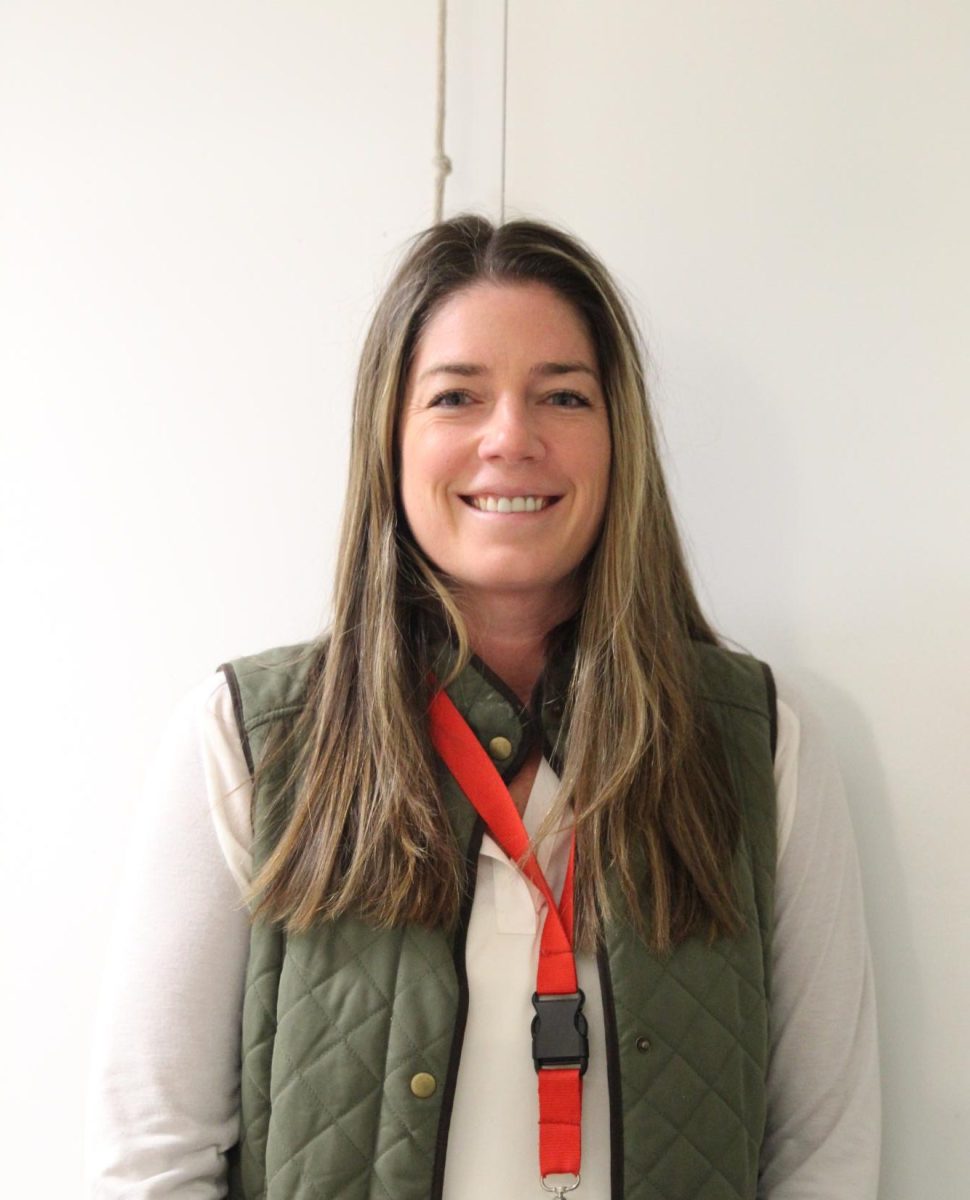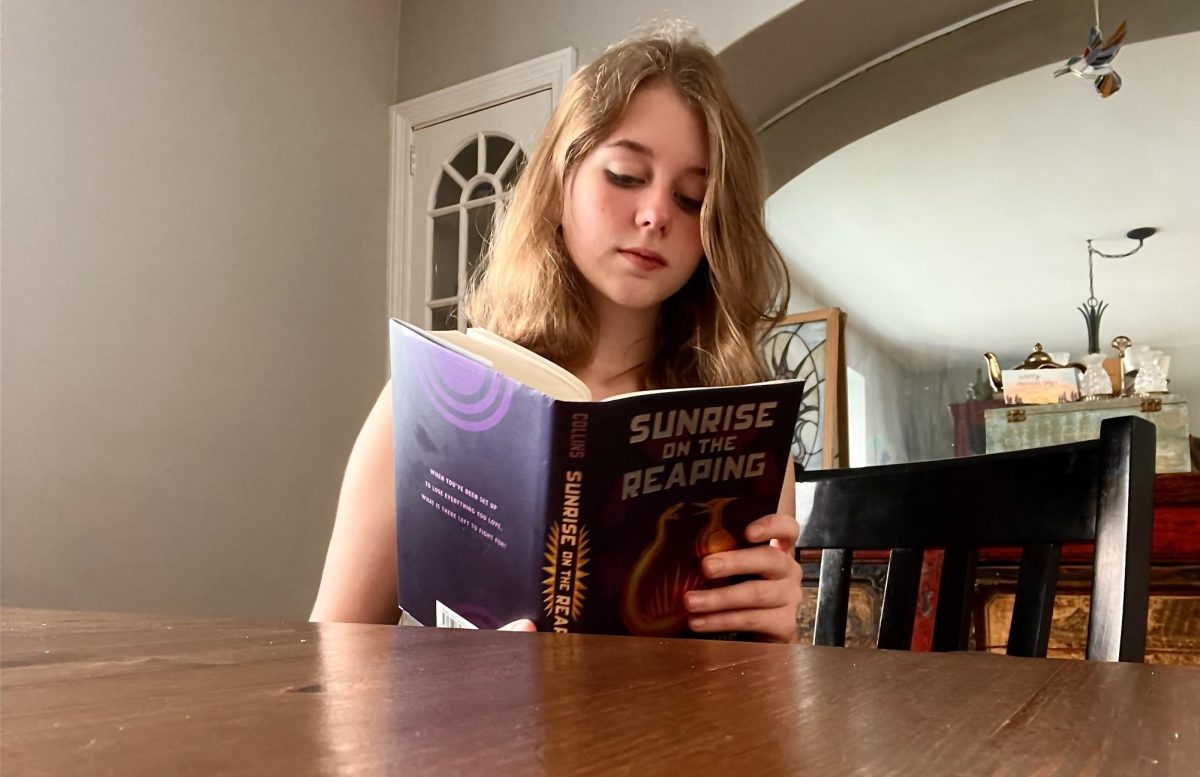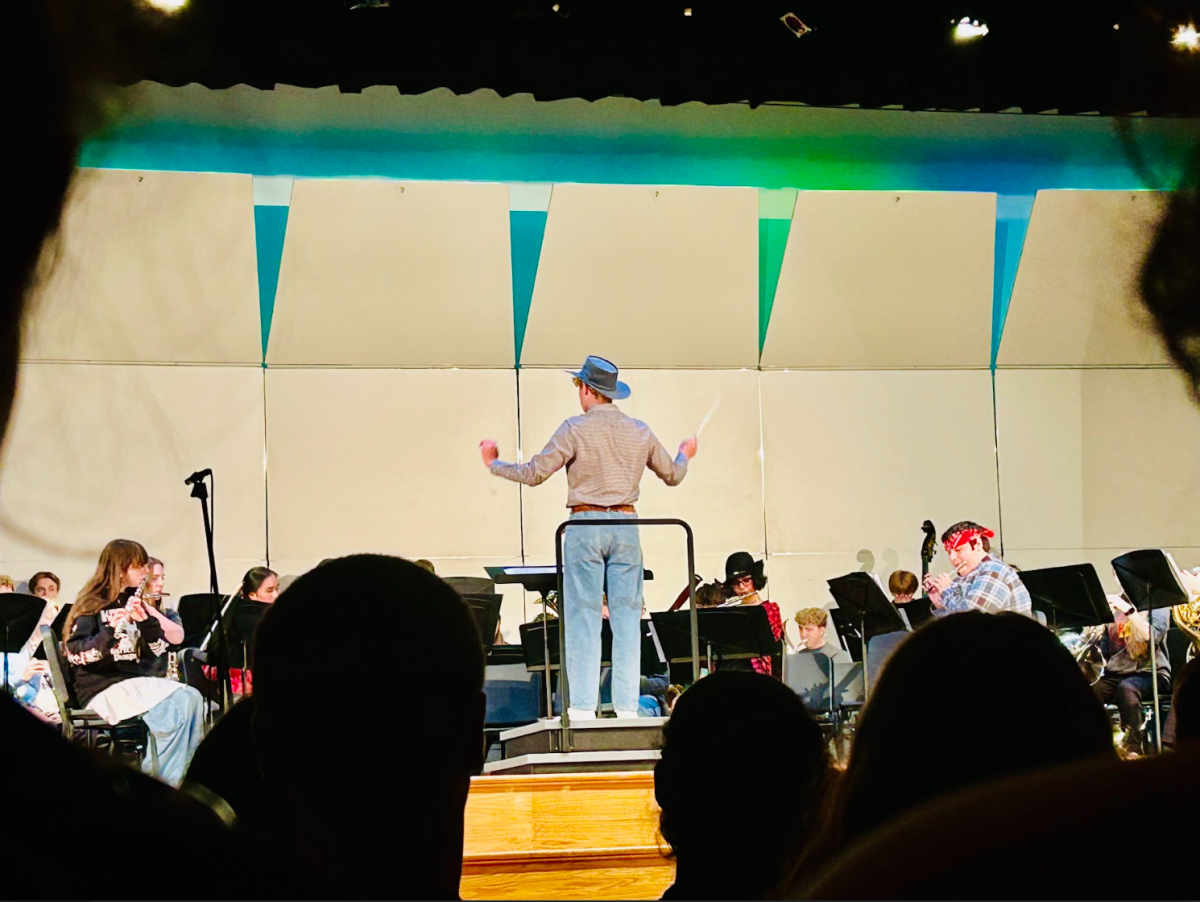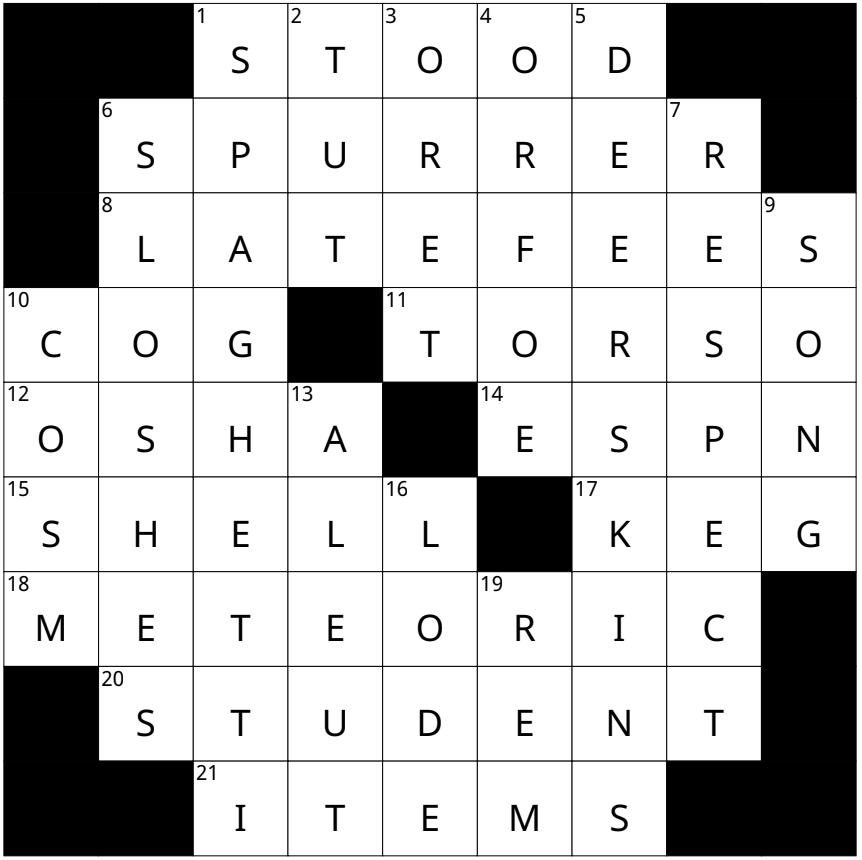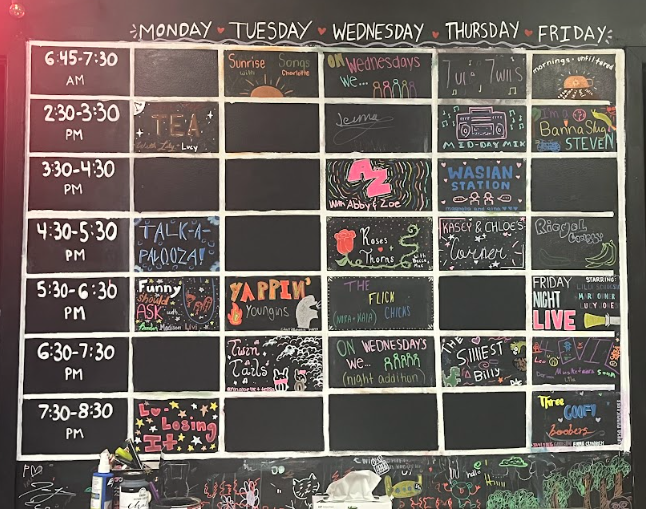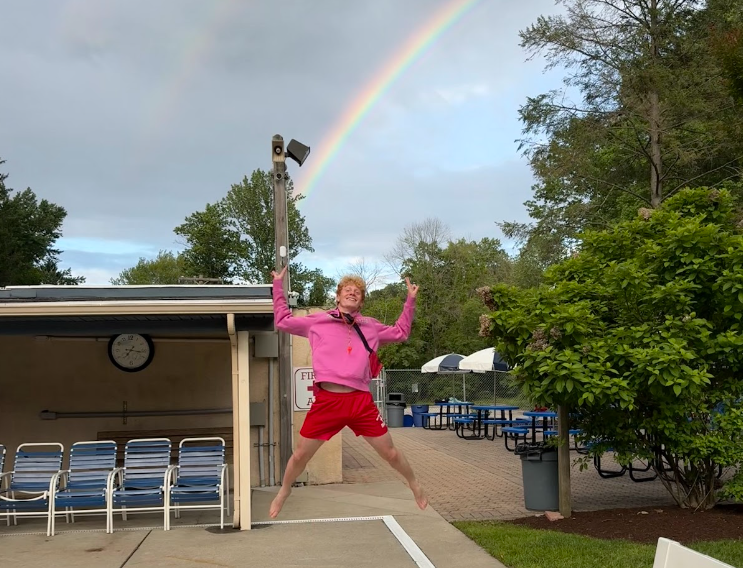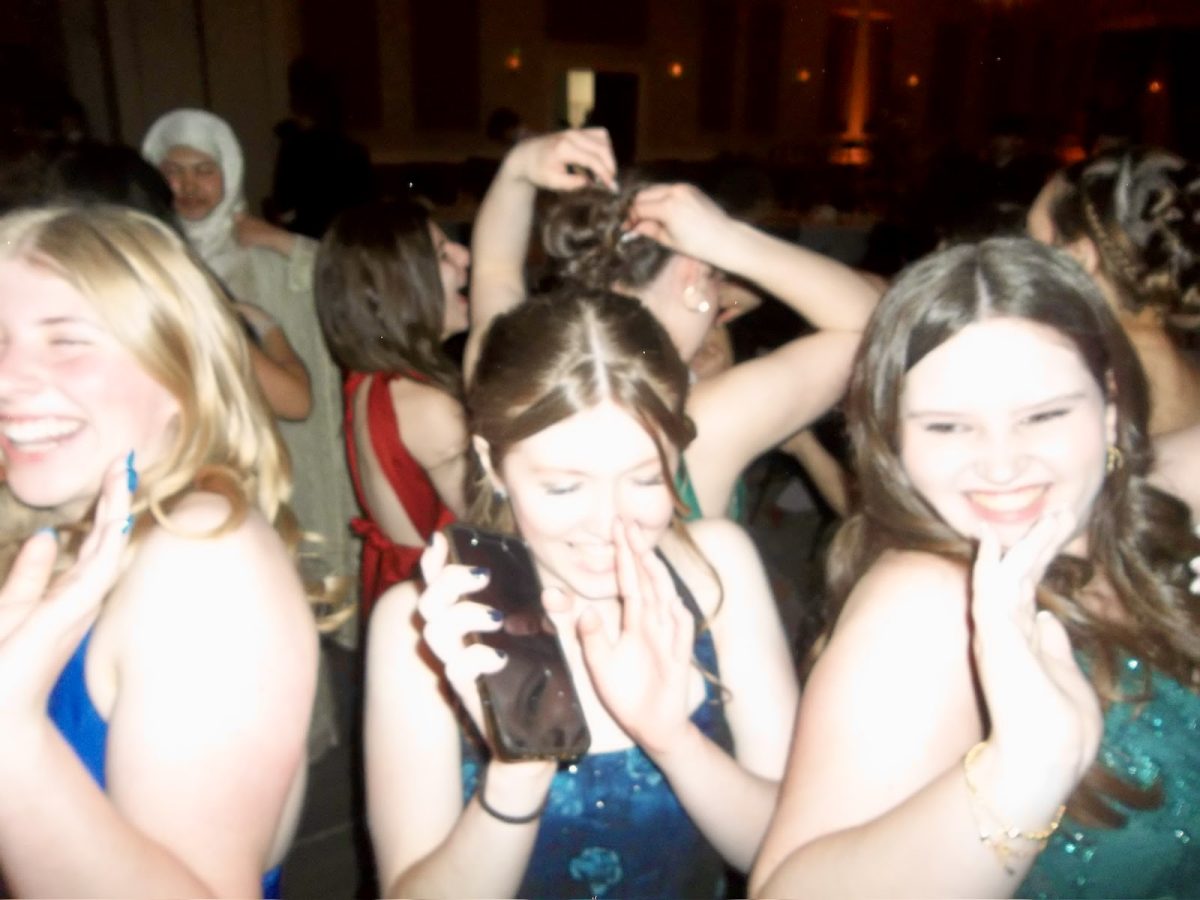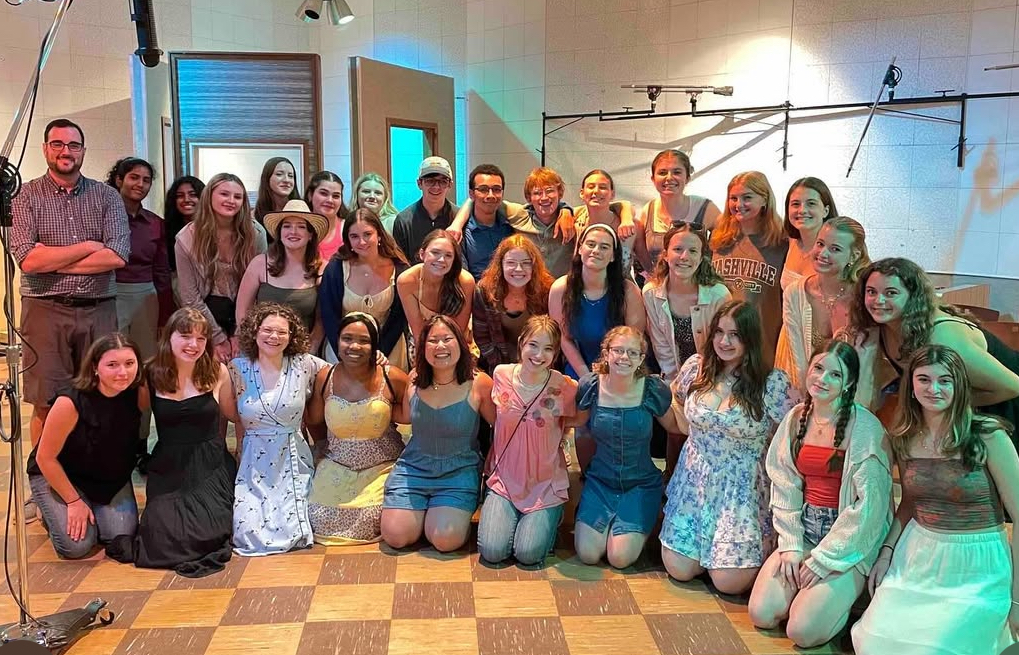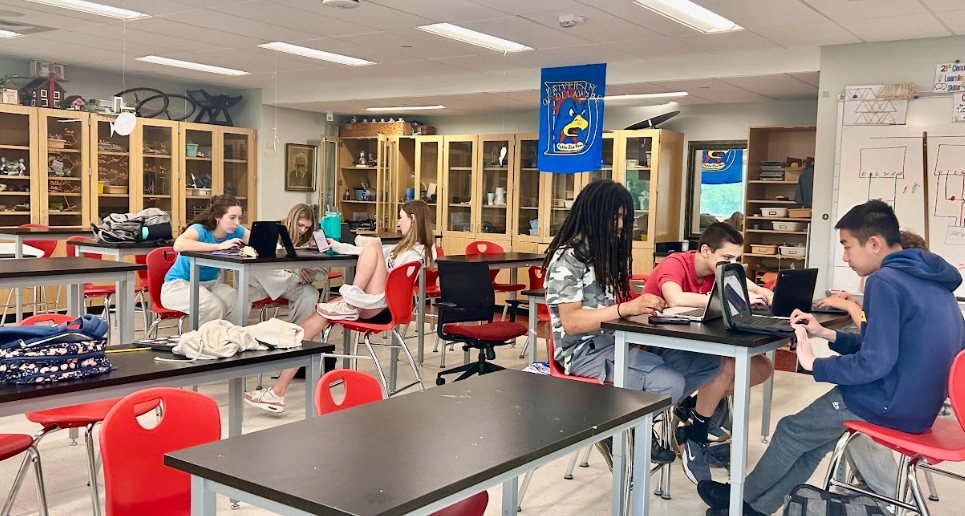Discussing the history of feminism and women from antiquity to the present day, Women’s Studies is a social studies elective taught here at Haverford. This course covers an important part of history often absent in other history classes. The course is open to all grade levels. The Fordian discussed the course with history teacher, Chelsea Marchetti, discovering what the class is all about.
Seitz: How long have you been teaching this course?
Marchetti: This is my fourth year teaching Women’s Studies. However, it’s been a little choppy because I was out for an extended period of time so I haven’t gotten into as much of a flow with the course as I want.
Seitz: How many people are usually in your classes?
Marchetti: This year I have two sections, and there are around twenty students in each.
Seitz: Why did you want to teach this course?
Marchetti: We did our social studies curriculum audit five years ago. We were brainstorming, thinking about what’s missing from our curriculum, what courses do we want to offer that aren’t already offered, what would spark students’ interest? As a history teacher, you go through teaching these courses and it’s obvious what voices aren’t heard. So much of history is viewed through the male lens, and a lot of women’s voices are not heard. There are so many freedoms that women have today thanks to the fight that women have been fighting for centuries. It’s often just a small paragraph in a textbook, which really doesn’t do it justice.
Seitz: How long have you been interested in women’s history?
Marchetti: I took several classes in undergrad, but in high school, these courses really weren’t available. [Women’s history] would be briefly discussed, but I don’t think I got to really explore my interest in it until college.
Seitz: What do you cover in the course?
Marchetti: I do go back to times of antiquity, but ancient Greece and Rome up through the French Revolution is a very small portion of the class. I ask students on the first day what are the top five things that they’d be most interested in learning about. Half of them always say women from the past, what they were like and what they endured. I like to incorporate that part of history and look at different elements of it because you see some patterns, some perceptions or stereotypes that haven’t changed. Most of the class is the waves of feminism: the 20th century and the suffrage movement as the first wave and on to the second, third and fourth waves.
Seitz: What’s your favorite part of the course?
Marchetti: There’s so many, but number one, it’s the students. I can really tell, day one, that this is something they’re really interested in and passionate about. I create a rapport with those students and I can get into some really deep discussions. Seeing their faces light up, or seeing them question things or realize “oh I never thought about it that way.” I’ll always end up learning a lot from the discussions.
Seitz: Is there anything you’d like to change or add to the course?
Marchetti: This year my goal was to make it even more interactive. We did a virtual field trip through the National Women’s History Museum online and an in-person walking tour in Philadelphia of famous women and also leaders of the LGBTQ+ community. I loved how local that was and how much that resonated with the students. I would like to continue to go down that road and try to find guest speakers to come into the class. The goal of women’s studies goes so far beyond just looking at the role of women throughout history. I want to give every student a voice, and so I try to create as inclusive an environment as possible. I wish there were more young men that would join the class, though. That’s one of my goals, to reach out to that demographic and try to get them to join. What is women’s history is U.S history. What is women’s rights is human rights and everyone can benefit from that.
Seitz: Who is one of your favorite or most inspiring women you teach about?
Marchetti: I would have to say, I mean this is a famous one, but Shirley Chisholm. What she was able to do, and not just the barriers that she was able to break being a woman and also a woman of color. She never gave up on herself, and I thought that was so telling of her character. The refusal to give up on herself and the confidence to push through is pretty special and we can all learn from her.
Women’s Studies covers much more than one might think, tying together modern feminism with the centuries-long struggle for rights. Through deep discussions and hands-on field trips, this class will certainly expose you to many new experiences. You definitely won’t regret giving it a try!



